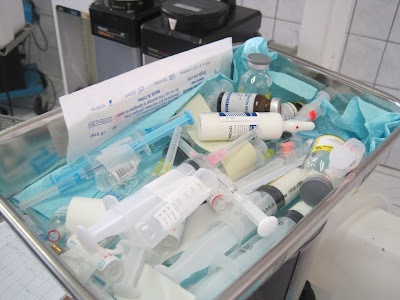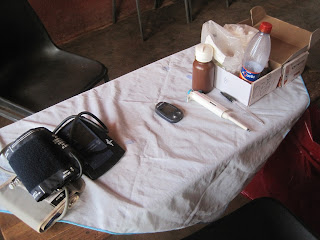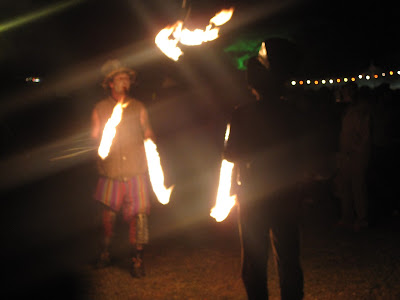The first
week in the emergency department has been already an eye opening experience not only to
the healthcare issues that I have been focusing on throughout my time at RFM, but also to many of the social problems that the Swazi people are
facing. Big amount of the cases that come into the ER are assault. Assault from a
domestic partner, assault from a mentally ill family member (mental health is
not accepted as a true medical illness here, and is generally ignored), or
assault from a member of the homestead. Other common cases are diarrhea,
vomiting and other abdominal problems, due to HIV, not access to clean water,
proper sanitation and poor nutrition. Another common visit to the ER is meningitis, which mean lots of lumbar punctures and people from mainly working age population terrific severily ill. Big number of people have also got hit by
cars from the side of the road. It’s easy to see how this happens after seeing
the number of people walking on the roads not minding the traffic, and
likewise, the drivers not minding the people on the side of the road.
There is
an “asthma” room at the ER, as many patients come in needing a nubulizer treatment.
Asthma is actually a big problem in Swaziland, mainly because the patients can not afford to proper treatment with short acting inhalers to use at home when they feel an attack coming
on, so they have to come to the hospital for treatment, or just by not knowing very well how to take care of ownself when having asthma. One of the
pediatricians is working on a project to make inhalers available to patients to
prevent all these emergency room visits.
Can not
wait for another week to start!
















































